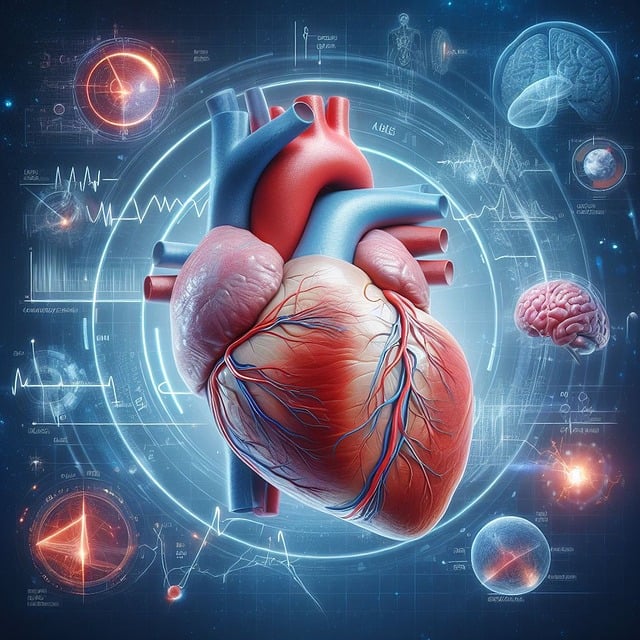Cardiology
Cardiology of Vimala Hospital
Improving the overall well-being of patients within hospital settings. Understanding the role and significance ofCardiology services is essential for patients, healthcare providers, and policymakers.
Coronary Artery Disease (CAD): CAD is a common cardiovascular condition characterized by the buildup of plaque (atherosclerosis) within the coronary arteries, leading to reduced blood flow to the heart muscle. Cardiologists diagnose and manage CAD, which can manifest as angina (chest pain) or acute coronary syndromes such as heart attack
Heart Failure: Heart failure occurs when the heart’s pumping ability is impaired, resulting in inadequate blood circulation to meet the body’s needs. Cardiologists assess heart function, optimize medical therapy, and provide lifestyle recommendations to manage heart failure and improve quality of life.
Valvular Heart Disease: Valvular heart disease involves abnormalities of the heart valves, which regulate blood flow within the heart chambers. Cardiologists diagnose and manage conditions such as aortic stenosis, mitral regurgitation, and mitral valve prolapse, often employing interventions such as valve repair or replacement.
Congenital Heart Disease: Congenital heart defects are structural abnormalities of the heart present at birth. Cardiologists specialize in the diagnosis, management, and long-term care of patients with congenital heart disease, collaborating with multidisciplinary teams to provide comprehensive treatment from infancy through adulthood.
Coronary Artery Disease (CAD): CAD is a common cardiovascular condition characterized by the buildup of plaque (atherosclerosis) within the coronary arteries, leading to reduced blood flow to the heart muscle. Cardiologists diagnose and manage CAD, which can manifest as angina (chest pain) or acute coronary syndromes such as heart attack
Heart Failure: Heart failure occurs when the heart’s pumping ability is impaired, resulting in inadequate blood circulation to meet the body’s needs. Cardiologists assess heart function, optimize medical therapy, and provide lifestyle recommendations to manage heart failure and improve quality of life.
Valvular Heart Disease: Valvular heart disease involves abnormalities of the heart valves, which regulate blood flow within the heart chambers. Cardiologists diagnose and manage conditions such as aortic stenosis, mitral regurgitation, and mitral valve prolapse, often employing interventions such as valve repair or replacement.
Congenital Heart Disease: Congenital heart defects are structural abnormalities of the heart present at birth. Cardiologists specialize in the diagnosis, management, and long-term care of patients with congenital heart disease, collaborating with multidisciplinary teams to provide comprehensive treatment from infancy through adulthood.



